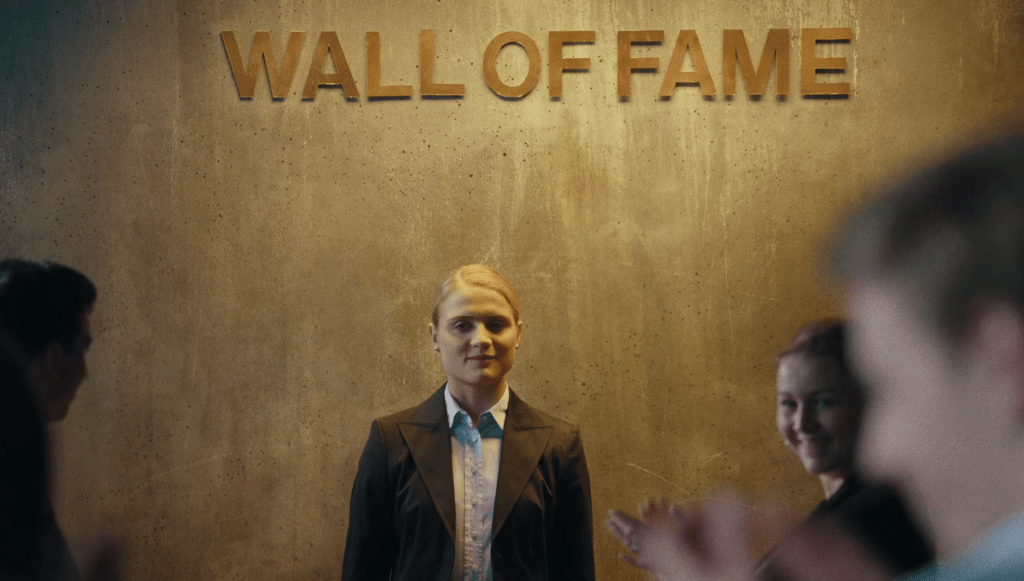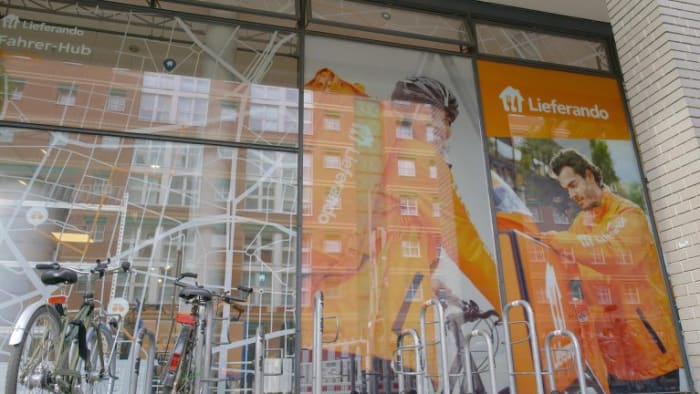On September 15, 2008, the unthinkable happens: Lehman Brothers, one of the world's largest investment banks, goes bust. On that weekend in September, a decision is made that acts like an accelerant on the smoldering financial crisis. U.S. policymakers fail to rescue Lehman Brothers, triggering "the worst financial crisis since the end of World War II," says Jean-Claude Trichet, then head of the European Central Bank, in retrospect.
To date, the aftermath of that crisis has cost more than seven trillion euros. The political price, however, was much higher. For many of the 50,000 investors who had invested their money in supposedly safe Lehman certificates, September 15, 2008 meant the loss of their retirement security, their children's nest egg, their savings.
The major docudrama "Lehman. Greed Eats Heart" traces the countdown to the big crash, primarily from the perspective of the savings bank and its customers. Emotional, fact-based, exciting. The fictional production is based on intensive conversations with insiders. The dramatization of the facts is given a documentary context through the recollections of responsible actors from the banking world and politics, through the testimonies of injured parties and historical material. In the mixture of fictional condensation and interviews, it becomes understandable and at the same time emotionally tangible how it came to September 15, 2008 and what this Monday triggered.




